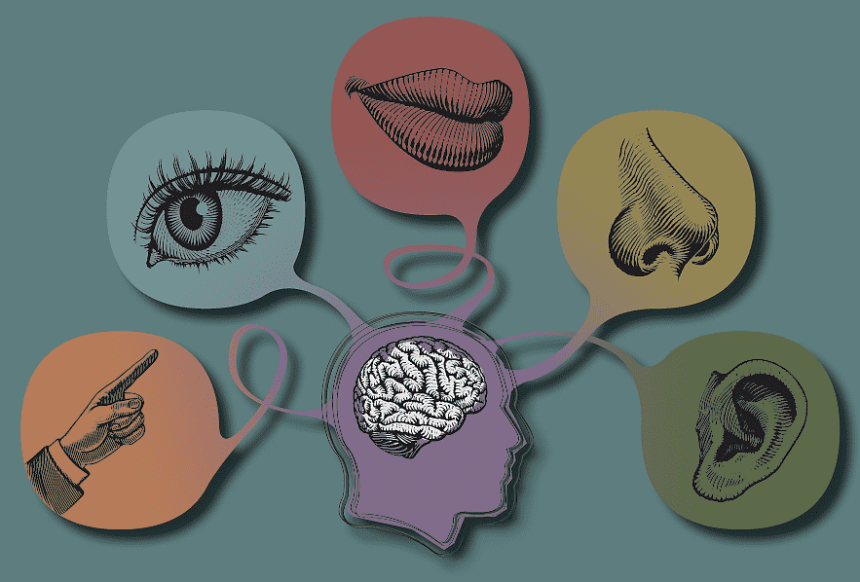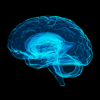A new study from University College London finds that people are more likely to accept their imaginations as reality if they are particularly vivid.
More than 600 people took part in an online experiment, as published in Nature Communications, in which they were asked to visualize patterns of black and white lines moving across a screen.
Participants were asked to imagine a stimulus and then rate how well they could see it in their minds’ eye.
Then, at the very end of the experiment, a real stimulus with the same characteristics as the participant’s imagination was gradually faded into view on the computer screen, all without the participant’s knowledge. Then, they were asked to rate how realistically they imagined the stimulus and to describe whether or not what they saw was real.
The findings revealed that participants’ imagined and perceived stimuli blended together in their minds. When a real stimulus faded in, for instance, people thought they were just imagining things more vividly.
The researchers built a computer model to test the hypothesis that people use the intensity of their experience to determine whether or not an event is real.
Using neuroimaging, the team confirmed that this model accurately describes how the brain encodes the intensity or vividness of both real and imagined stimuli.
“Our findings are inconsistent with a Perky effect, in which people tend to downweigh or discard incoming sensory information when imagining,” the authors stated in their findings.


